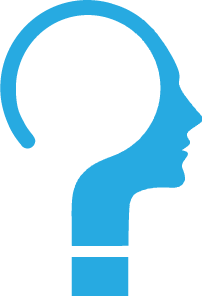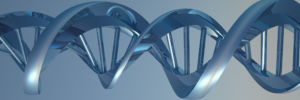Our Projects
How we work
- We collect information and DNA from patients at MGH and, through our collaborations, around the world.
- We store and analyze the data we collect in order to test scientific hypotheses
- We recruit the brightest young minds to our research group. Through their scientific work we train them to perform high impact science and make lasting contributions as clinician-scientists.
- We collaborate with teams and colleagues across disciplines, at MGH, in Boston, and across the globe, in order to perform the best, most sophisticated science
Our scientific projects
- Why are some of us more likely to suffer a stroke than others?
- By comparing our patients with those who have not suffered a stroke or brain hemorrhage, our analyses continue to yield new genes for stroke and brain hemorrhage and risk factors that, when present, alter risk for stroke.
- Why, if we suffer a stroke, do some of us recover more fully than others?
- By carefully following our patients as they recover, we are seeking the genetic and other factors that play key roles in the recovery process.
- Why, after we suffer an initial stroke, are some of us at higher risk of a recurrent stroke than others?
- Because stroke and brain hemorrhage survivors are at increased risk of suffering a recurrence, we maintain contact with our patients for years after discharge, seeking to find those genetic variants and other unique characteristics the influence an individual's risk of recurrence.
- New treatments
- Do early behavioral interventions improve recovery from stroke and other serious brain injuries?
- Other treatments?







